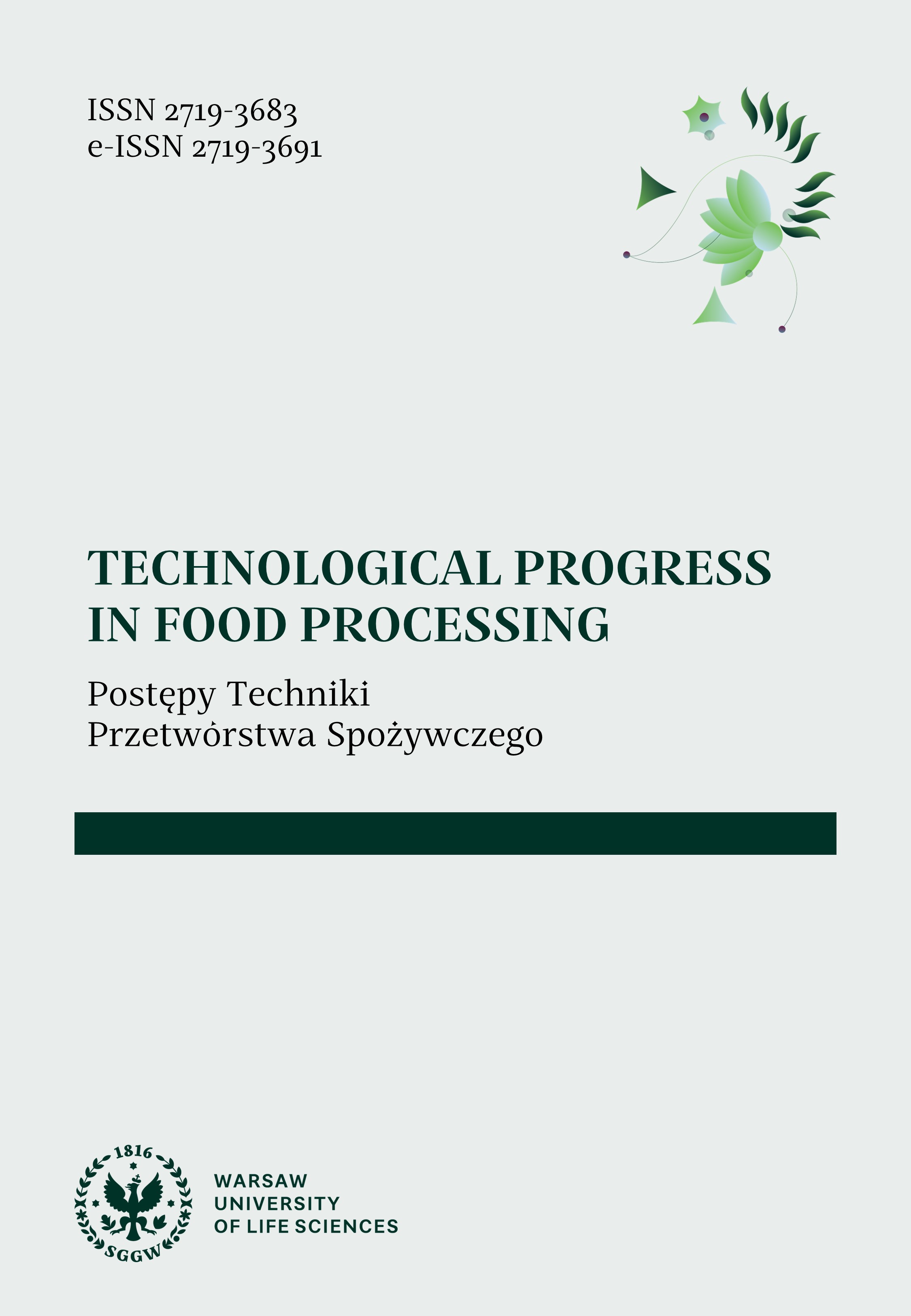Main Article Content
Obesity in children and adolescents is one of the most serious health challenges of the 21st century, and the number of overweight and obese people is steadily increasing. Entomophagy, the consumption of insects, has been proposed as an alternative protein source with economic and environmental advantages over traditional meat production. Edible insects have a high nutritional value. They are rich in protein, recommended fats, vitamins and minerals. Studies show that insect protein can slow weight gain, improve immune response, reduce inflammation and benefit energy metabolism. Despite the challenges of promoting and accepting insect protein, its health and environmental benefits could make it an important part of a balanced diet in the future. Including insects in the diet may help to overcome obesity-related health problems, as they are rich in high-quality, highly digestible protein, potentially helping to control body weight and reduce the risk of obesity-related diseases. However, this requires continued research, especially clinical research, and education and outreach campaigns are key to breaking down cultural barriers and increasing the acceptance of insect proteins, especially in European countries without a tradition of insect protein consumption.





